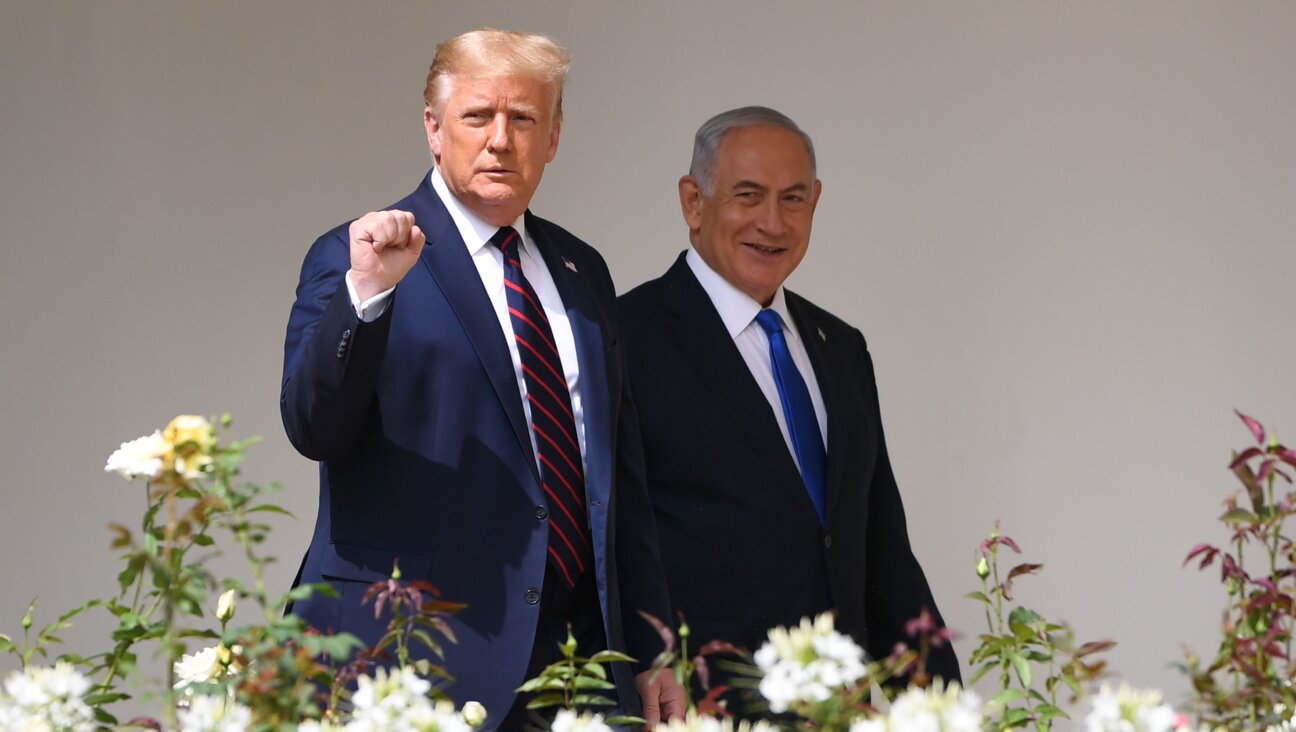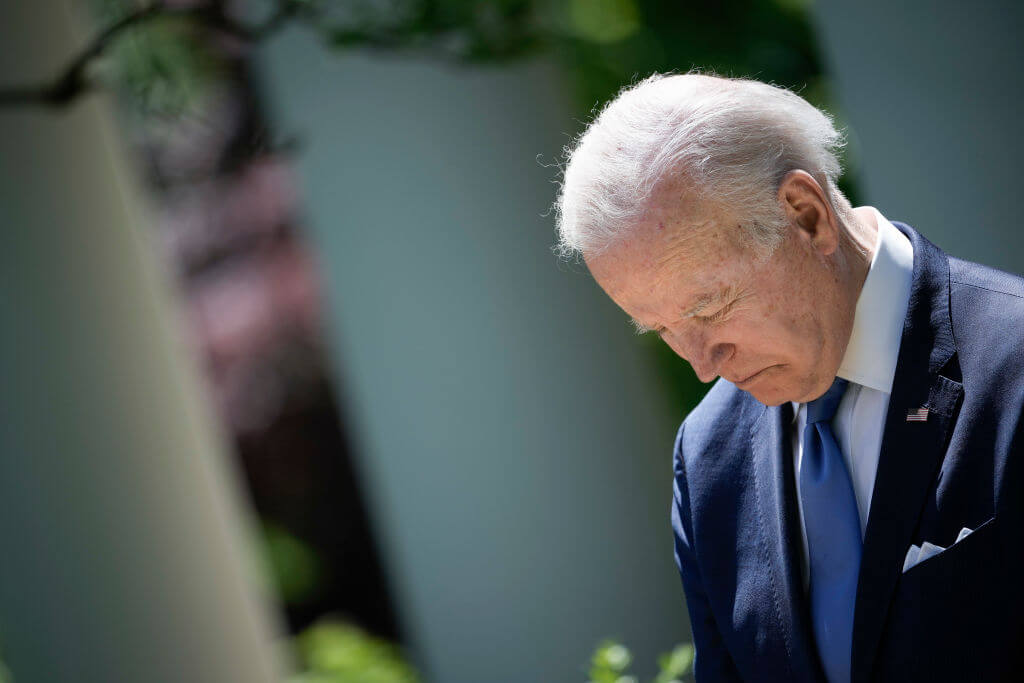ZOA Protests Campus Speaking Engagements by Tutu
The Zionist Organization of America has denounced two universities for inviting Nobel laureate Archbishop Desmond Tutu to speak on their campuses.
Citing at least half a dozen instances in which the anti-apartheid activist spoke out against Israel, ZOA president Morton Klein criticized Yeshiva University’s Cardozo School of Law for hosting Tutu last week and the University of Pennsylvania for inviting Tutu to be its commencement speaker in May.
Tutu, said Klein, “is viciously anti-Israel. To give a podium [to a] man who hates Israel, who compared Israel to Hitler, is shameful.”
In a speech last year in Boston, Tutu was quoted by the Israeli daily Ha’aretz as saying the Palestinian experience “reminded me so much of what happened to us black people in South Africa…. I say why are our memories so short? Have our Jewish sisters and brothers forgotten their humiliation?”
Tutu has also voiced support for efforts to convince American universities and municipalities to divest from Israel.
The ZOA is not alone in objecting to Tutu. “Many students would have preferred that Tutu not be chosen as commencement speaker,” said Rabbi Howard Alpert, executive director of Hillel of Greater Philadelphia. “That being said, since he is coming, most students are hoping that their commencement, that their one graduation, will go on unimpeded.”
Tutu could not be reached for comment by press time, but other Jews have defended Tutu against charges of antisemitism.
“He’s the chief patron of the Holocaust museum” in South Africa, said Yehuda Kay, national director of the South African Jewish Board of Deputies “In no way is… Archbishop Tutu an antisemite.”
Kay said that accusing Tutu of antisemitism and anti-Zionism was unfair. “He is critical of [certain aspects of Israel] that are similar to apartheid,” he said. “But in the same breath he has said he believes in a safe and secure Israel.”
Former South African president Nelson Mandela has also criticized Israel’s treatment of the Palestinians.
Michael Schneider, executive vice president for special operations of the American Jewish Joint Distribution Committee, who worked in the African Resistance Movement, a companion movement to the ANC dedicated to ending apartheid, said that some of the Tutu’s and Mandela’s anti-Israel sentiment was to be expected.
“Mandela and Tutu remember the liaisons between Israel and the South African regime,” Schneider said. “The former history rankles in [Tutu’s] mind and Mandela’s mind.”
“The problem is [Tutu and Mandela] have never, in their formative years, had connections with Jews,” Schneider said. “Their only associates who were Jews were Jews who were divorced from their Judaism.”
Klein dismissed these defenses. “That’s rubbish,” Klein said. “There were 20 countries trading with [apartheid-era] South Africa. A number [were] Arab countries.” Klein added that other trading partners of apartheid South Africa never received the same criticism as Israel. He also pointed out that a disproportionately large number of South African Jews were active in the struggle against apartheid.
Kay, however, said that whatever their disagreements with Tutu, Jews should try reaching out to him.
“I do believe [Tutu’s] understanding [of the Israeli-Palestinian conflict] is one-sided,” Kay said, “and he takes a more pro-Palestinian stand… but [the Jewish community] should engage a man on the stature of Tutu rather than sanction him.”
A message from our Publisher & CEO Rachel Fishman Feddersen

I hope you appreciated this article. Before you go, I’d like to ask you to please support the Forward’s award-winning, nonprofit journalism so that we can be prepared for whatever news 2025 brings.
At a time when other newsrooms are closing or cutting back, the Forward has removed its paywall and invested additional resources to report on the ground from Israel and around the U.S. on the impact of the war, rising antisemitism and polarized discourse.
Readers like you make it all possible. Support our work by becoming a Forward Member and connect with our journalism and your community.
— Rachel Fishman Feddersen, Publisher and CEO























